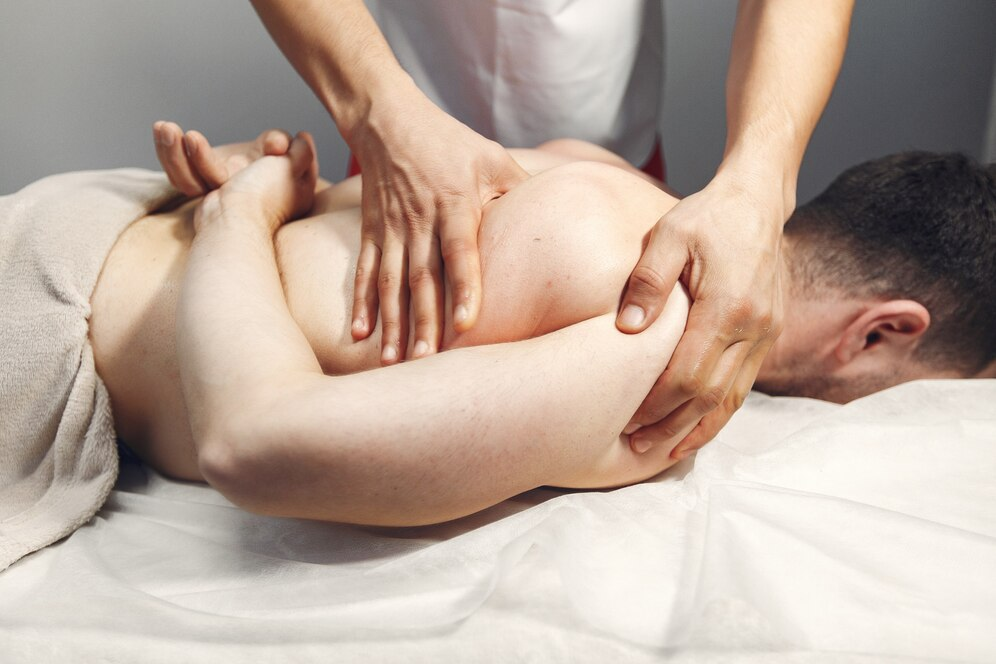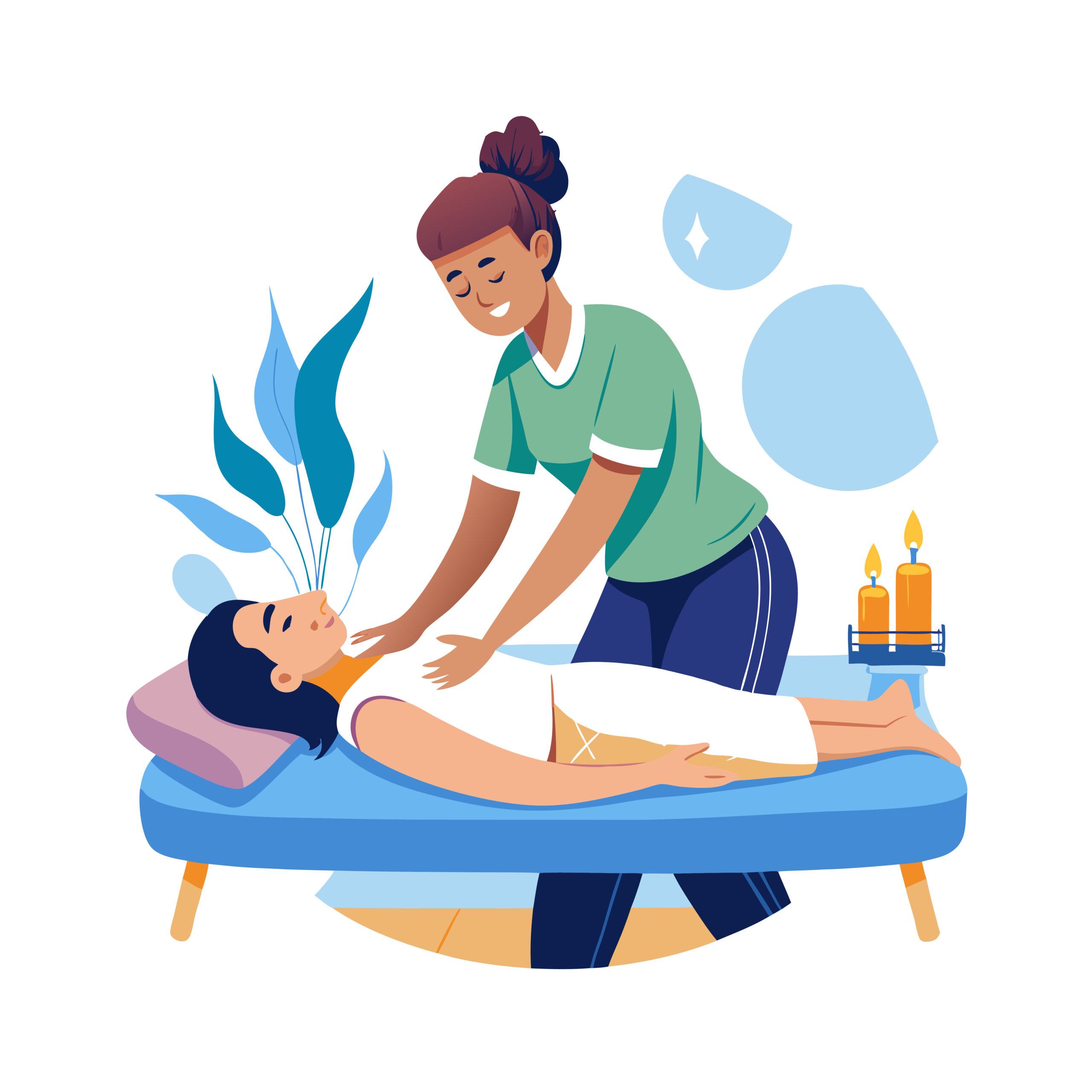Discover Your Perfect Healer Today!
Our online practitioner directory connects you with a wide range of healers to suit your unique needs.
Easily search and find the right professional to support your wellness journey.
Start exploring today to find your perfect match.
Modality
Disease
Books
Products
Events
Training
Blogs
Aesthetician
Aesthetician Sessions: What to Expect and its Key Benefits
Knowing what to expect during an aesthetician session can help dispel any uncertainties and prepare one for a really relaxing and rejuvenating experience. From skincare ...
Read More → Written by
James Williams
Meditation
Key Concepts and Techniques for Practicing Meditation
Meditation was born as a primal exercise that has a long history of promoting calmness in the mind, stress-free nature, and crystal-clear thinking. Whether you ...
Read More → Written by
John Smith
Ayurveda
Debunking Common Myths and Misunderstandings About Ayurveda
Ayurveda is one of the oldest systems of medicine that addresses a number of diseases; however, it is often surrounded by a number of myths ...
Read More → Written by
Michael Johnson
Massage therapy
Exploring the Remarkable Influence of Massage Therapy
Through its ability to profoundly affect not only physical wellness but also mental wellbeing, massage therapy has captured dramatic attention. This ancient healing is wedded ...
Read More → Written by
James Williams
Energy Healer
Key Principles and Techniques in Energy Healing Explained
The idea of energy healing highlights the existence of an inner force that is believed to be present in every living body that affects its ...
Read More → Written by
David Brown
Reiki Healers
How Reiki Detoxifies: Exploring the Healing Process
Reiki, a holistic therapy, is becoming popular for its mild yet profound effects on well-being. This technique uses energy management to restore health with the ...
Read More → Written by
John Smith






